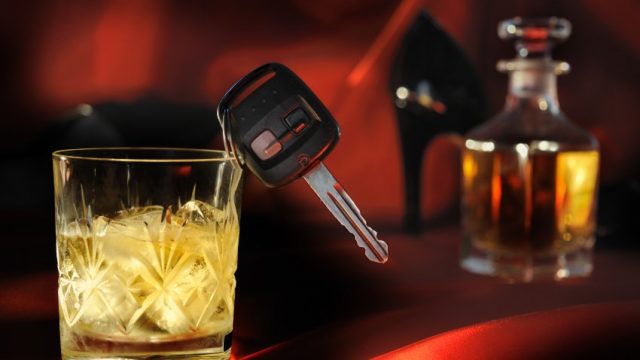U.S. Supreme Court To Take Up Challenge To North Dakota Drunk Driving Law

Back in January I wrote about an opinion from the North Dakota Supreme Court which, frankly, made it illegal for citizens to exercise their 4th amendment rights when facing a drunk driving investigation.
During the 2013 legislative session lawmakers passed a number of laws to address a supposed drunk driving epidemic. Among the changes was a law which makes it illegal to refuse chemical sobriety tests.
Previously refusing a test absent a warrant was met with a civil penalty in the form of action against your driving privileges. But the legislature upped the punishment to an actual crime on par with getting a DUI. Section 39-20-01 of the North Dakota Century Code states, “refusal to take the test directed by the law enforcement officer is a crime punishable in the same manner as driving under the influence.”
Meaning, in effect, that the legislature criminalized the refusal of a warrantless search. If you thought it was already illegal to refuse that search prior to 2013, you’re wrong but the confusion is understandable. Prior to the change in the law the state would take civil action against your driving privileges, suspending or revoking them. What changed in 2013 was a criminal charge for the refusal equivalent to the crime being investigated.
Think of it in another context. Suppose the police suspect that you stole some stereo equipment and they want to search your house without a warrant. If the same sort of law applied to that situation as it applies to a blood test in a drunk driving investigation, the cops could arrest and charge you with the crime of stealing the stereo equipment simply for refusing the search.
Anyway, the law has been challenged numerous times in court in subsequent years, and the state Supreme Court has upheld it twice in Birchfield v. North Dakota and Beylund v. Levi. I wrote about it at Watchdog today:
The U.S. Supreme Court has chosen to review two North Dakota drunk driving cases — as well as one from Minnesota — that made refusing blood tests a crime.
“This is big,” defense attorney Mark Friese of the Fargo-based Vogel Law Firm told Watchdog. Friese has worked to oppose the law, which, he says is “an issue that’s been litigated time and time again since the law was changed two sessions ago.” …
Liz Brocker, spokeswoman for Attorney General Wayne Stenehjem, said her office has no comment.
Now the U.S. Supreme Court will review those two cases (plus one other case from Minnesota) and decide whether or not it’s legal for the state to criminalize the refusal of a search.
UPDATE: Attorney General Wayne Stenehjem provided this statement:
“My office worked with the legislature in crafting laws that made refusing to take a chemical test a crime when there is probable cause to believe the driver is operating under the influence, and the North Dakota Supreme Court upheld the law as constitutional. Since the laws were enacted, we have seen the number of DUI convictions in the state decrease. Prosecutors will be making the same argument at the US Supreme Court; that refusing to comply with a requested DUI test can be a crcrime.”




